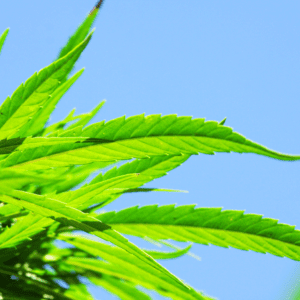House Approves Ban on Cannabis Testing for Military Recruits

The U.S. House of Representatives has approved a large-scale defense bill that includes a section to prevent military branches from testing recruits for marijuana as a condition of enlistment. Despite opposition from the White House, the provision remains intact.
Legislative Process and Opposition
At a House Appropriations Committee hearing on Thursday, members approved the National Defense Authorization Act (NDAA) in a 217-199 vote. While the House Rules Committee blocked several pro- and anti-cannabis amendments, the military marijuana screening section advanced.
White House and Military Responses
The White House Office of Management and Budget (OMB) opposed the NDAA language, citing cannabis use as a “military readiness and safety concern.” DOD has noted that delta-9 THC is the most common substance in positive drug tests for active duty military members. However, some military branches have already started issuing waivers for recruits who test positive for cannabis.
Additional Amendments and Studies
The House-approved NDAA also includes directives for marijuana-related reports:
Rep. Nancy Mace (R-SC) added language requiring a report on the number of service members discharged due to marijuana use.
Rep. Steven Horsford (D-NV) introduced a requirement for a DOD briefing on sentencing disparities for cannabis-related offenses under the Uniform Code of Military Justice.
Psychedelics and Cannabis Research
The bill also directs the Department of Defense to incorporate findings from state marijuana programs into research on plant-based therapies for treating PTSD and traumatic brain injuries. This follows provisions in the most recent NDAA that fund DOD-led clinical trials on psychedelics for military members.
Next Steps
The Senate Armed Services Committee is considering its version of the NDAA this week. Meanwhile, the House Appropriations Committee voted to strip marijuana banking protections from a large-scale spending bill, indicating ongoing debates and adjustments in cannabis-related legislation.











